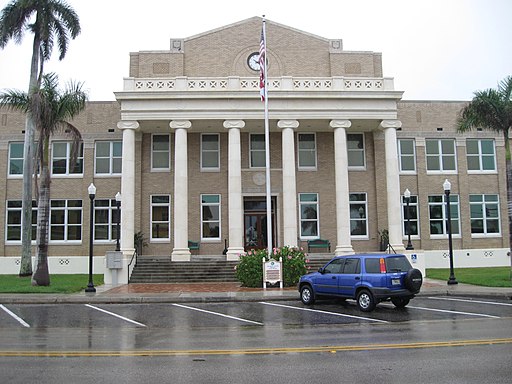Charlotte County, Florida, provides several methods for conducting warrant searches, including direct contact with the Sheriff’s Office or through online resources offered by state law enforcement. While these tools supply useful information, users should recognize the limitations and exercise care in handling warrant data.
Contents
Charlotte County Warrant Search
Warrant searches in Charlotte County are accessible through multiple channels, offering key information for residents and law enforcement regarding active legal matters. The Florida Department of Law Enforcement (FDLE) manages a statewide database of warrants reported by local agencies, providing a centralized access point for public inquiries. It is essential to handle this data responsibly, as records may not always reflect the latest status. Individuals are advised against any self-directed apprehension based on this information, as it may lead to safety risks or legal issues.
Official Search Methods
To locate warrants in Charlotte County, individuals may contact the Charlotte County Sheriff’s Office at (941) 639-2101 for the most current details. Alternatively, the FDLE’s public database includes statewide warrant information. The Charlotte County Clerk of Court’s website may also provide court records that could reference warrants, although this option might be less direct than reaching out to the Sheriff’s Office or the FDLE.
Reporting Procedures
Anonymous reports regarding individuals with outstanding warrants can be submitted through Crime Stoppers at 1-800-780-TIPS (8477) or by contacting the Charlotte County Sheriff’s Office at (941) 639-2101. For unsolved cases, the Cold Case Unit can be reached at 941-575-5361 or by email at coldcase@ccso.org. To encourage tips, the Southwest Florida Crime Stoppers recently increased its reward for information leading to the resolution of cold cases to $5,000.
Charlotte County Florida Court Records
Charlotte County, Florida, provides multiple ways to access court records, both online via the Clerk of Court’s website and in-person at designated county offices. Records available include civil, criminal, probate, and guardianship documents, while certain sensitive information remains confidential.
Online Access to Court Records
The primary online resource for accessing these records is the official Clerk of Court website (CharlotteClerk.com), where users can search by name, case number, or citation number and print digital records without charge. Available records include civil, criminal, family court, probate, and guardianship cases. For probate records, users can access specific options under the “Court Types” section within the Court Search portal, entering their criteria and completing CAPTCHA verification.
Types of Court Records Available
Charlotte County’s court system holds a wide range of records from both Circuit and County Courts. These records include civil and criminal cases, family court matters, and probate and guardianship documents. Probate records, managed by the Clerk’s Probate Office, cover wills, estates, guardianships for minors and incapacitated individuals, and mental health cases. For appellate matters, the Sixth District Court of Appeal provides access to records through the Florida Appellate Case Information System (ACIS).
In-Person Record Requests
Court records are accessible at two locations: the Justice Center at 350 E. Marion Avenue in Punta Gorda, FL, and the Murdock Administration Building at 18500 Murdock Circle in Port Charlotte, FL. Both facilities operate Monday through Friday from 8:00 AM to 5:00 PM, with extended passport application hours (8:00 AM to 4:00 PM) introduced in May 2022 to accommodate demand.
Confidential Records
Certain records are restricted from public access to protect privacy, including guardian reports, no probable cause orders, dependency matters, child abuse records, unexecuted search warrants, and court conference records. Further confidentiality guidelines are outlined in the Florida Rules of Judicial Administration 2.420(c), covering areas like termination of parental rights, neglect, and abandonment. For assistance with sensitive records, the Clerk’s office can be contacted at [email protected].
Featured image: Georgia Guercio, CC BY-SA 3.0 https://creativecommons.org/licenses/by-sa/3.0, via Wikimedia Commons

